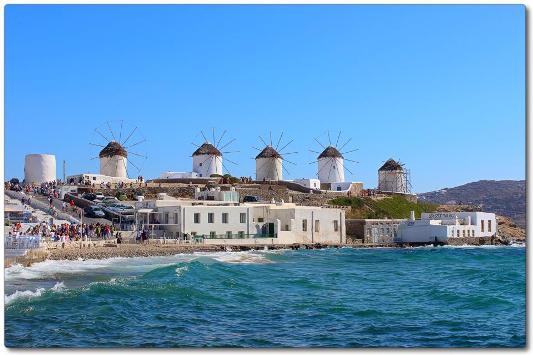 W
Working out which travel insurance is right for you can be a challenge, and when it comes to seniors travel insurance it gets even more complicated.
Older Australians are travelling more than ever before, but they have several extras to consider, with insurers setting different criteria depending on your age and pre-existing medical conditions.
If you are over a certain age, some travel insurance policies may only cover you for a particular length of time overseas – such as three months – so it’s a good idea to check the fine print.
It’s very important for seniors to compare travel insurance policies – especially those aged over 75 who don’t require any medication.
Travel insurance tips
NRMA Travel Insurance spokesman Maureen Mullins says seniors should buy travel insurance at the same time they book their trip so you are covered from day dot if you need to cancel.
Also be upfront about existing medical conditions.
“There are many conditions that are automatically included and some that need to be assessed,” she says.
Cruising is one of the most popular forms of travel for older Australians, but most on-board medical services are not covered by Medicare, so you will need travel insurance even if you are only cruising in Australian waters.
Ms Mullins also says you should leave a copy of your travel documents and itinerary with a friend or relative in Australia, and also keep a copy of your policy emergency numbers and travel documents with you.
It’s a good idea to visit your GP to discuss your travel plans before you book, and again for a general check-up before you leave to make sure regular vaccinations, such as the flu shot and tetanus, are up to date.
If you are taking medication with you, get a list from your doctor saying their generic names, dosages and how often you take them. Get a couple of copies and keep one separate from your main luggage.
Read your Product Disclosure Statement
The Insurance Council of Australia’s financial literacy program Understand Insurance says it’s important to compare products and features between companies, not just price.
“Most travel insurance policies have age limits or restrictions, but several travel insurers offer policies specially designed for retirees or senior travellers,” a spokesman says.
Make sure you let your insurer know if your health circumstances change before you head off on your holiday.
In certain countries, including the US, Japan and throughout Europe, it’s important to have unlimited hospital and medical cover.
It’s essential to read your Product Disclosure Statement and check you are covered for full medical evacuation in case you have to be flown home in an emergency.
Australia has reciprocal healthcare agreements for seniors with some countries, including the United Kingdom, New Zealand, Italy, the Netherlands, Sweden, Finland, Norway and the Republic of Ireland, which means emergency care is available.
But you still need to get travel insurance. It’s also a good idea to check with Medicare for the latest information on countries participating in reciprocal healthcare agreements
![]()








 Entries (RSS)
Entries (RSS)